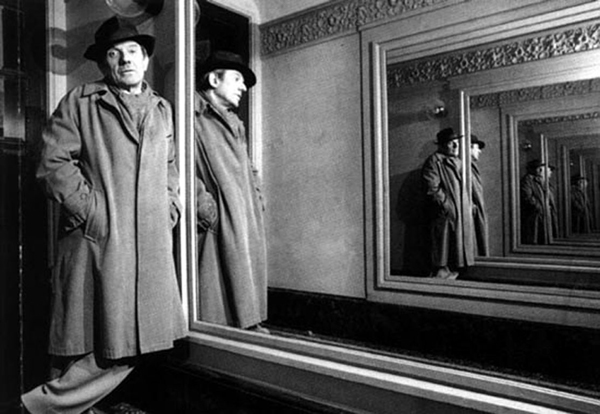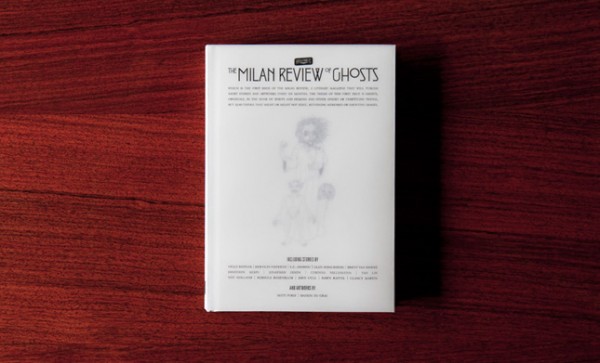
Over lunch, Christopher Higgs and I talked about Gilles Deleuze. I was saying how a lot of my friends–Chris, Blake Butler, and Derek White, to name a few–are really into his writing, especially the ginormous book A Thousand Pleateaus, co-written with Felix Guattari. I’ve tried to read it and get into it a few times, and kept putting the book up, scared off by not being able to immediately comprehend the text, not being able to decipher the numerous codes, terms, coinages. Recently, I changed. I picked up A Thousand Pleateaus again and flipped to a random chapter and read. I enjoyed it, and am enjoying it. Like my experience with Finnegans Wake, there are lucid swathes that I feel I understand, and then there are times when it’s packed dense or just orgiastically conceptual and I tune out a bit. But that process of coming in and out of lucidity is nice. Sort of trancelike.
I mentioned asking Chris some questions about Deleuze, his thinking, the books. I’m sort of acquainted with his ideas through the book A Thousand Years of Nonlinear History (amazing book!), and what Deleuze I’ve now read. But, let me ask you/Chris some maybe dumb questions.
Firstly: Why should we read Deleuze?
Deleuze is the future. He is almost the now, but not yet. Just out of reach, just over the horizon, he is akin to the force that makes the sky pink after the sun sets and pink again right before the sun rises. He is both pre and post everything, like the feeling before a meal of being famished followed by the feeling after the meal of being stuffed. He does what no other thinker before him could do: he upends Plato, he quiets Hegel, he puts all the little thinkers to bed. READ MORE >



